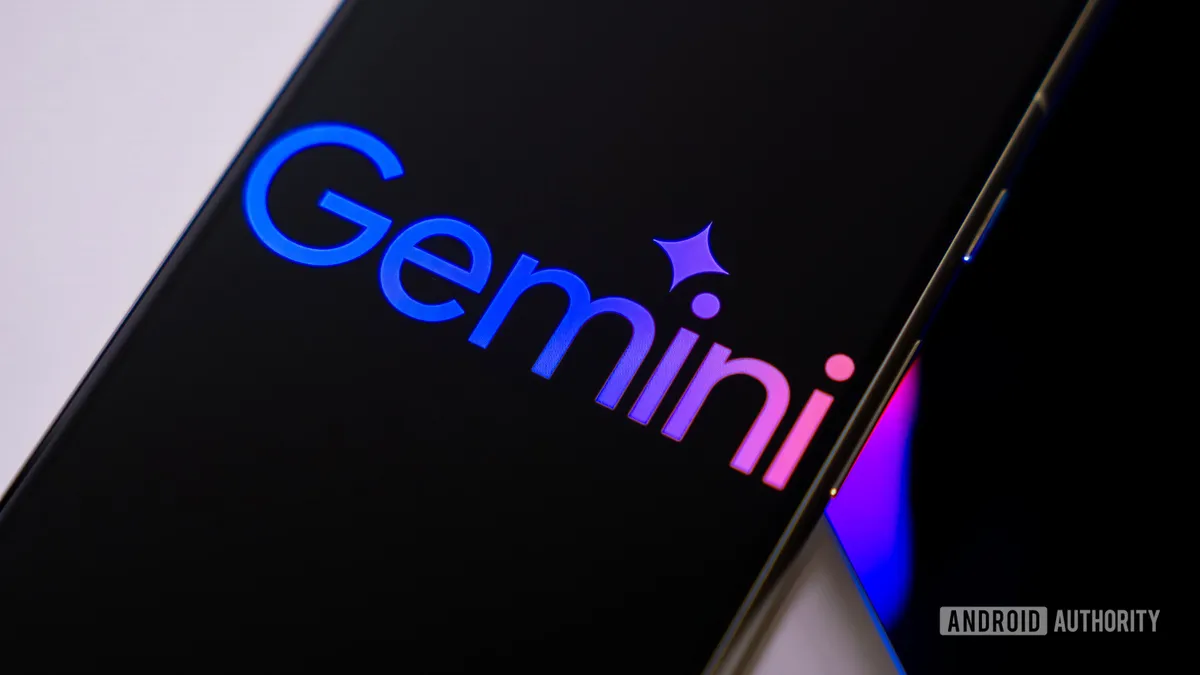
Google is set to expand the accessibility of its Gemini Nano, an innovative on-device AI model, through new ML Kit GenAI APIs. These new APIs are expected to be unveiled at the upcoming I/O 2025 event, allowing developers to seamlessly integrate features such as text summarization, proofreading, rewriting, and image description generation into their applications. Unlike the previous experimental AI Edge SDK, the ML Kit GenAI APIs will launch in beta, support image inputs, and be compatible with a broader range of Android devices beyond just the Pixel 9 series.
The rise of generative AI technology is transforming how users communicate and create content online. Many users turn to AI chatbots like Google Gemini for tasks such as summarizing articles, proofreading emails, and rewriting messages. However, concerns about privacy, especially when handling sensitive information, have made some users hesitant to engage with these AI tools. To alleviate these privacy worries, Google has developed Gemini Nano, a smaller, optimized version of its AI model that operates directly on the device rather than relying on cloud servers.
Until now, access to Gemini Nano has been confined to a single device line with text-only input. However, Google is poised to broaden its availability and introduce support for image input. Recently, Google revealed the session lineup for I/O 2025, including a session titled, “Gemini Nano on Android: Building with on-device gen AI.” According to the session description, it aims to showcase a new set of generative AI APIs harnessing the power of Gemini Nano, simplifying the implementation of use cases for tasks like summarization, proofreading, rewriting, and generating image descriptions.
In October, Google initiated experimental access to Gemini Nano via the AI Edge SDK, which allowed third-party developers to explore text-to-text prompts specifically on the Pixel 9 series. This AI Edge SDK supports various text-based features, including rephrasing, smart replies, proofreading, and summarization. However, it notably lacks support for generating image descriptions—a key feature highlighted for the forthcoming I/O session. This suggests that the “new set of generative AI APIs” referenced in the session description may either introduce a completely different offering or an updated version of the AI Edge SDK.
Fortunately, developers won’t have to wait long for more information. Earlier this week, Google quietly released documentation for the new ML Kit GenAI APIs. ML Kit is an SDK that empowers developers to leverage machine learning capabilities in their applications without requiring deep knowledge of the underlying models. The new GenAI APIs will enable developers to “harness the power of Gemini Nano to deliver out-of-the-box performance for common tasks through a simplified, high-level interface.” Similar to the AI Edge SDK, it is “built on AICore,” facilitating “on-device execution of AI foundation models like Gemini Nano,” which enhances app functionality and user privacy by keeping data processing local.
In essence, the ML Kit GenAI APIs will allow developers to efficiently utilize Gemini Nano for various app features while maintaining privacy and high performance. The current features available include:
Summarization: Generate concise summaries of articles or chat conversations in bulleted lists, producing up to three bullet points. Languages supported include English, Japanese, and Korean.Proofreading: Refine short content by improving grammar and correcting spelling errors, with support for English, Japanese, German, French, Italian, Spanish, and Korean.Rewrite: Transform short chat messages into different tones or styles, including Elaborate, Emojify, Shorten, Friendly, Professional, and Rephrase, across multiple languages.Image Description: Create brief descriptions for given images, currently available in English.In contrast to the existing AI Edge SDK, the ML Kit GenAI APIs will be available in a “beta” phase rather than as “experimental access.” This beta status suggests that Google may permit the use of these new APIs in production environments. Presently, developers are unable to release applications utilizing the AI Edge SDK, meaning no third-party apps can currently leverage Gemini Nano.
Another significant distinction between the AI Edge SDK and the ML Kit GenAI APIs is device compatibility. While the AI Edge SDK is limited to the Google Pixel 9 series, the new GenAI APIs will function on any Android device that supports the multimodal Gemini Nano model. This expanded support includes devices such as the HONOR Magic 7, Motorola Razr 60 Ultra, OnePlus 13, Samsung Galaxy S25, Xiaomi 15, and more.
Developers eager to incorporate Gemini Nano into their applications can begin by reviewing the public documentation for the ML Kit GenAI APIs. For further inquiries or tips, feel free to reach out to our editorial team at news@androidauthority.com. You can choose to remain anonymous or receive credit for your information—it's entirely up to you!